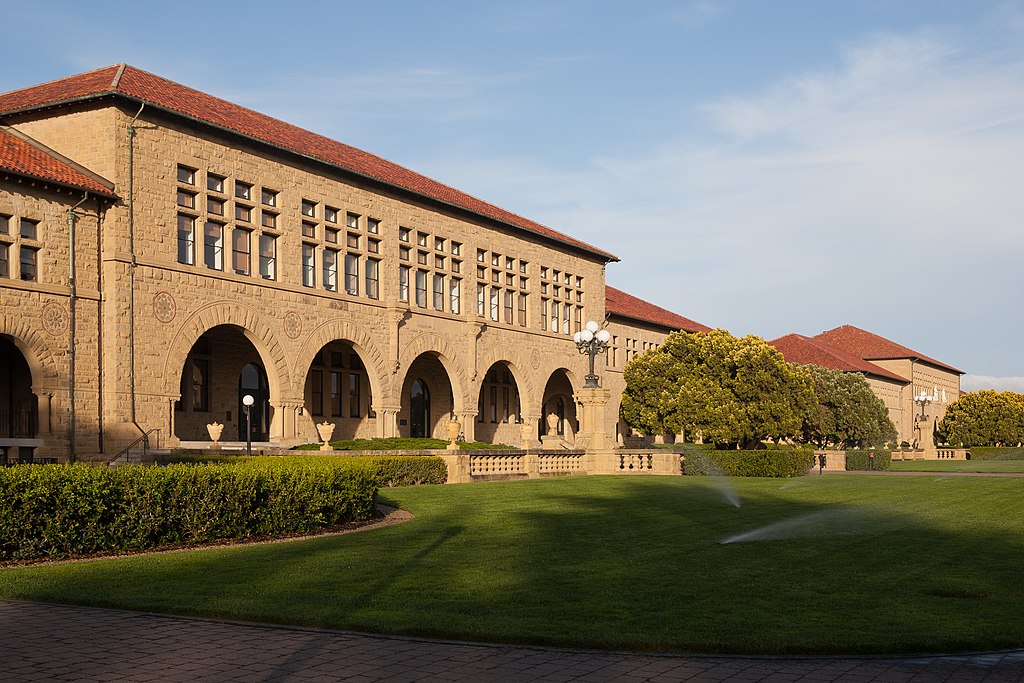At age 50, Dr. Bryant Lin, a physician and professor at Stanford University, received a terminal diagnosis of stage 4 lung cancer. Instead of retiring, he decided to turn his experience into a lecture for his students, and taught a course titled “From Diagnosis to Dialogue: A Doctor’s Real-Time Battle With Cancer.” As The New York Times reports, Lin spoke not only about his disease during his lectures, but about the human role in medicine, the importance of communicating with patients, and the uncertainty that accompanies every diagnosis. His teaching has already left a profound mark, leading some students to devote themselves to cancer treatment, while others have advised their loved ones to get preventive checkups. Having centered his mortality in his professional life, Lin gave a farewell address to his students. “I may have had a tough break, but I have an awful lot to live for,” he told his class, adding that it was an honor to teach them. Lin also wrote a letter for his teenage sons: “of all the things that have given meaning to my life, being your dad is the greatest of all.”
Through his “From Diagnosis to Dialogue” program, Lin seeks to emphasize how people are at the center of medical practice and said that “the course was a way to hopefully encourage some students to engage in a form of cancer care.”
The Times also recounts how difficult it was for some students to reconcile this optimistic attitude with the seriousness of the professor’s diagnosis, a reality they were in contact with every day. Several students said they felt a bit confused when they started taking the course because they expected something more “existential.” They were prepared for an emotional and harrowing experience, but, they recounted that apart from a few moments when Professor Lin showed episodes of uncontrollable coughing, he always remained steadfastly optimistic, even making wry jokes. Mrs. Chan, Lin’s wife, also attended some of the lectures in the course. An M.I.T. graduate and program manager at Google DeepMind, she told the students that she had to recognize with some emotional and psychological fatigue that “letting go of her instinct to plan for the future had been difficult.” Chan said that she and her family “just have to live one day at a time,” as Lin stood at her side and nodded in agreement before the students.












